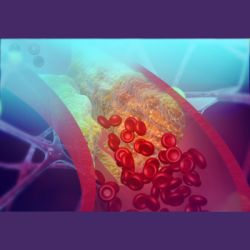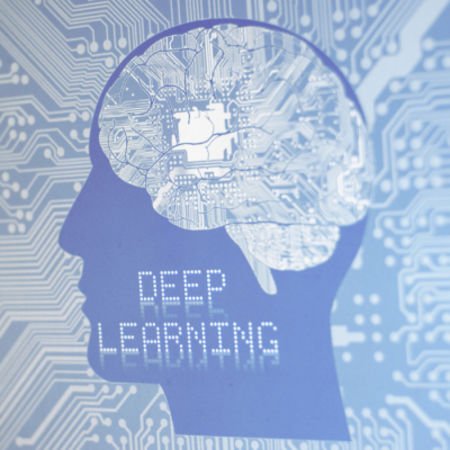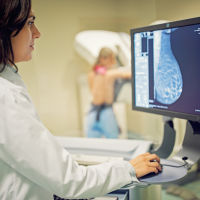Physicians' expertise is founded on medical science and many of them may not have much familiarity with artificial intelligence (AI) techniques, now fast becoming "de rigueur" in medical practice. But, thanks to automated deep learning, even clinicians that aren’t experts in AI may be able to create AI algorithms that can help them with early detection and treatment of disease.
You might also like: AI Gets a Backbone: Deep Learning Makes it Easier for Doctors to Read Spine Scans
You might also like: AI Gets a Backbone: Deep Learning Makes it Easier for Doctors to Read Spine Scans
A paper published in Lancet Digital Health describes how this new technology helped researchers build an automated algorithm for predicting eye diseases. The prediction model was built with the use of Google AutoML, a machine-learning algorithm that learns to build other machine-learning systems ("AI that can build AI").
For this study, five publicly available medical image datasets, including chest x-rays, skin lesions, and two types of eye scan were used. After labelling the images, these were entered into the AutoML programme, which then created an automated algorithm for classifying the diseases in the images using AI. Study authors evaluated how accurately the model was able to detect the eye conditions on the medical images.
According to the paper, Google AutoML had been used by researchers at a number of institutions, led by Moorfields Eye Hospital NHS Foundation Trust and UCL Institute of Ophthalmology. For simple tasks of identifying eye conditions, the automated algorithms were able to demonstrate a diagnostic performance similar to that of many state-of-the-art AI systems.
The paper authors note that, although this technology provides possibilities for clinicians who are non-AI experts, further studies are needed before these approaches can be applied in real world clinical practice. Still, these preliminary findings are "very encouraging" given their potential to bring clinical benefits to a wider range of patients, according to Ailish Murray, director of grants and research at Moorfields Eye Charity, which co-funded the research together with the UK National Institute for Health Research.
“At present, the development of AI systems requires highly specialised technical expertise," explains Pearse Keane, consultant ophthalmologist at Moorfields Eye Hospital and NIHR clinician scientist. "If this technology can be used more widely – in particular by healthcare professionals without computer programming experience – it will really speed up the development of these systems with the potential for significant patient benefits."
Latest Articles
algorithm, chest x-rays, machine learning, digital health, Artificial Intelligence, AI, deep learning, AI systems, automated deep learning, Lancet Digital Health, Google AutoML, eye disease, skin lesions, AutoML, Moorfields Eye Hospital NHS Foundation Trust, UCL Institute of Ophthalmology, Ailish Murray, Moorfields Eye Hospital, UK National Institute for Health Research, Pearse Keane, Automated Deep Learning in Healthcare
Thanks to automated deep learning, even clinicians that aren’t experts in AI may be able to create AI algorithms that can help them with early detection and treatment of disease.



























